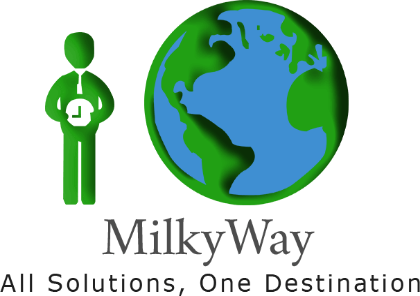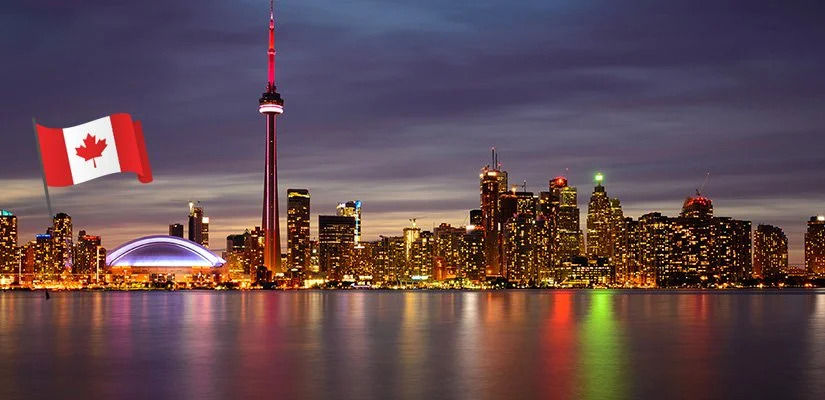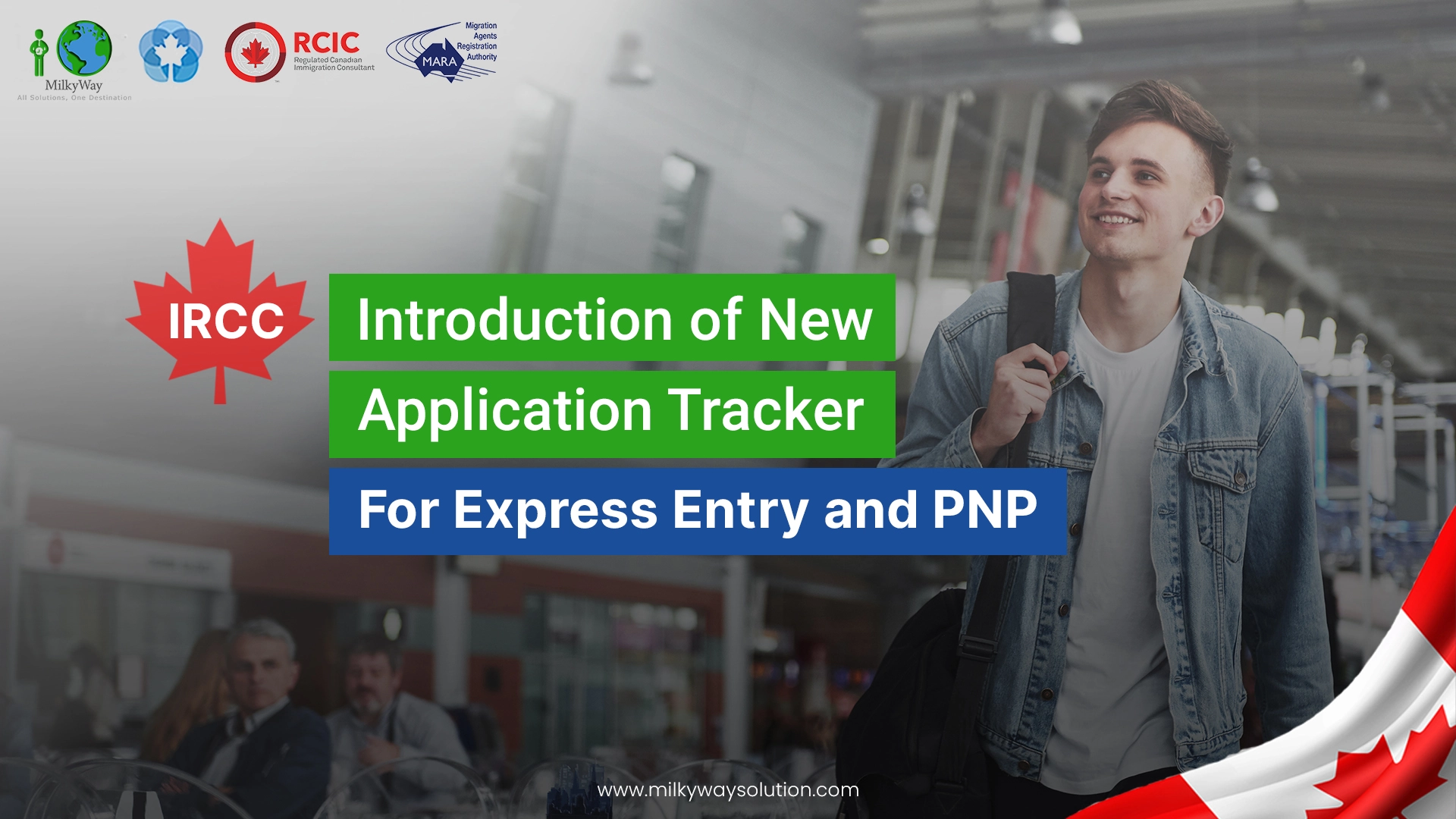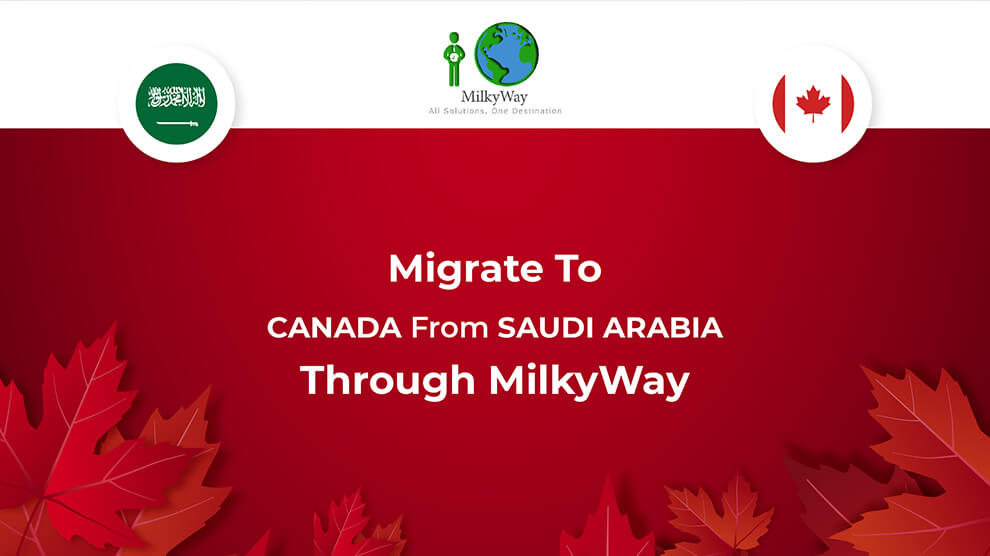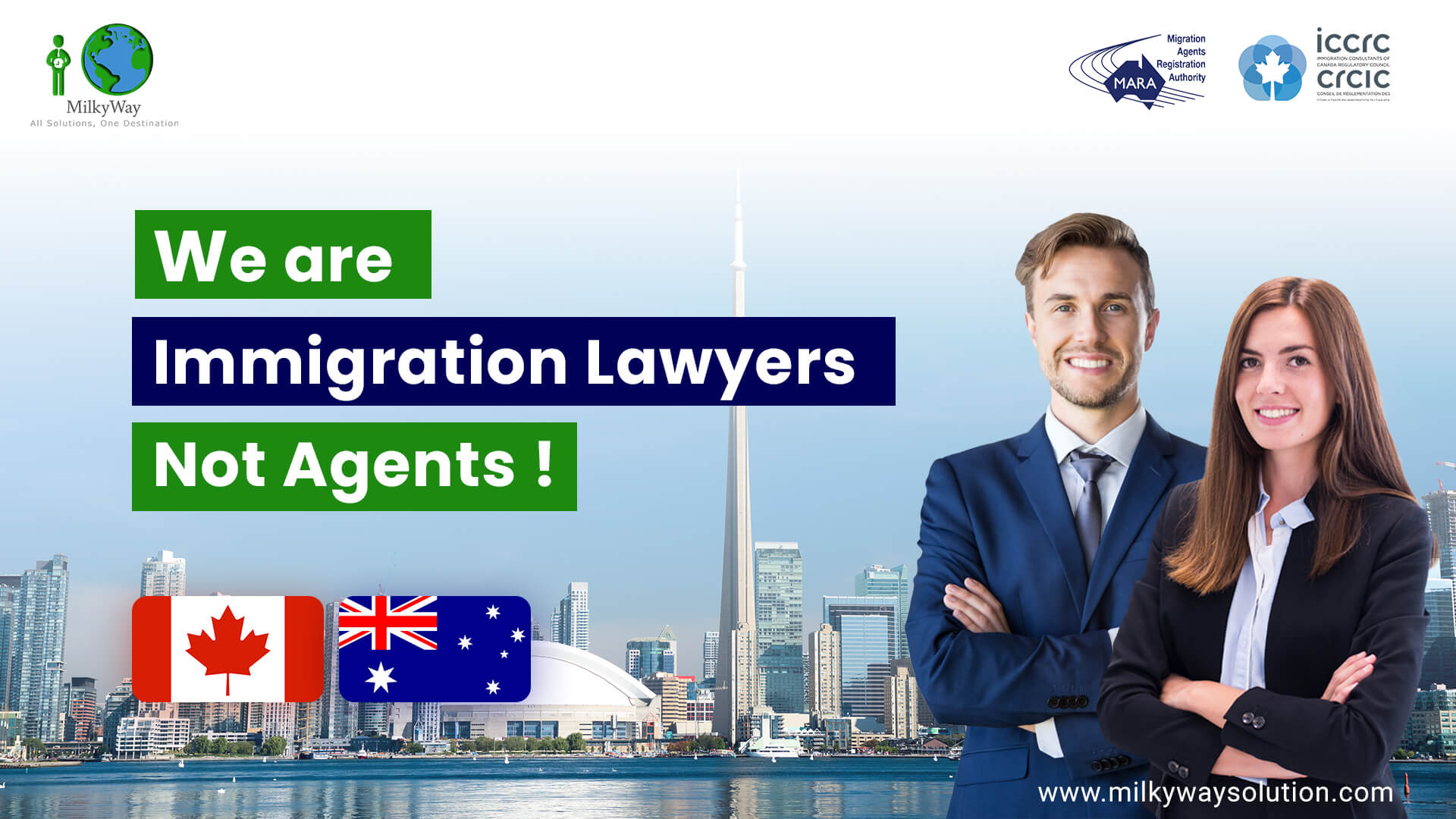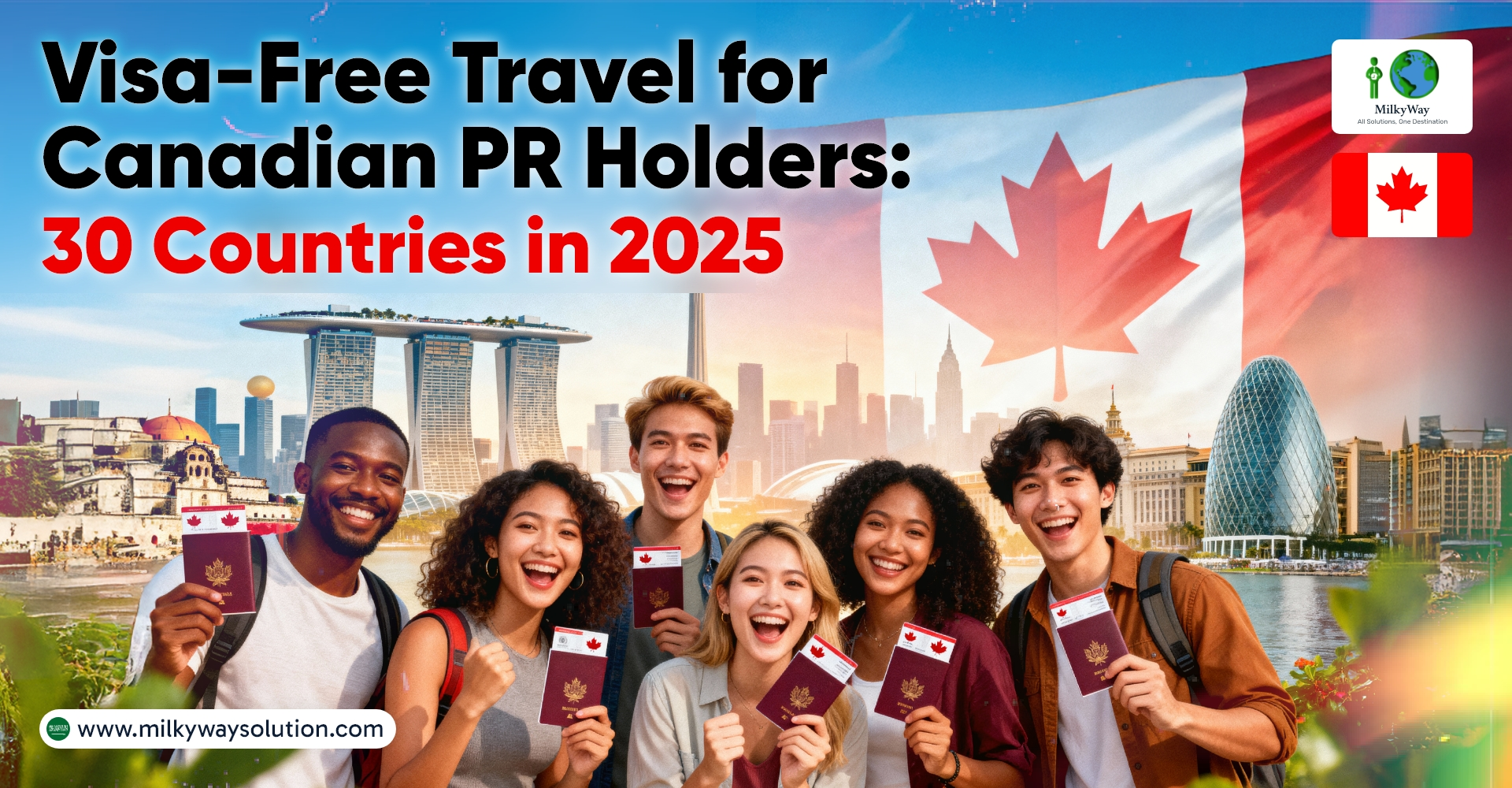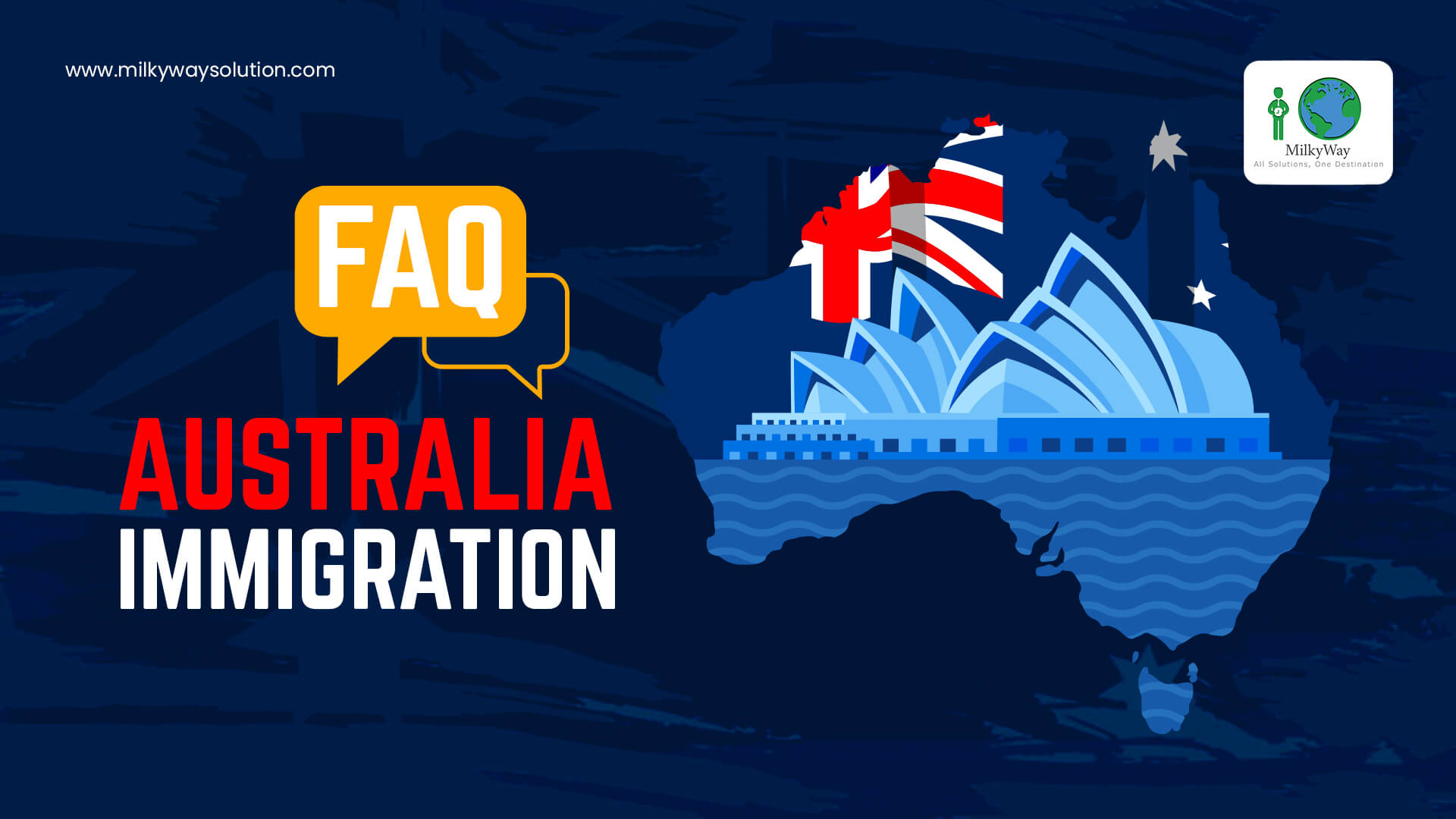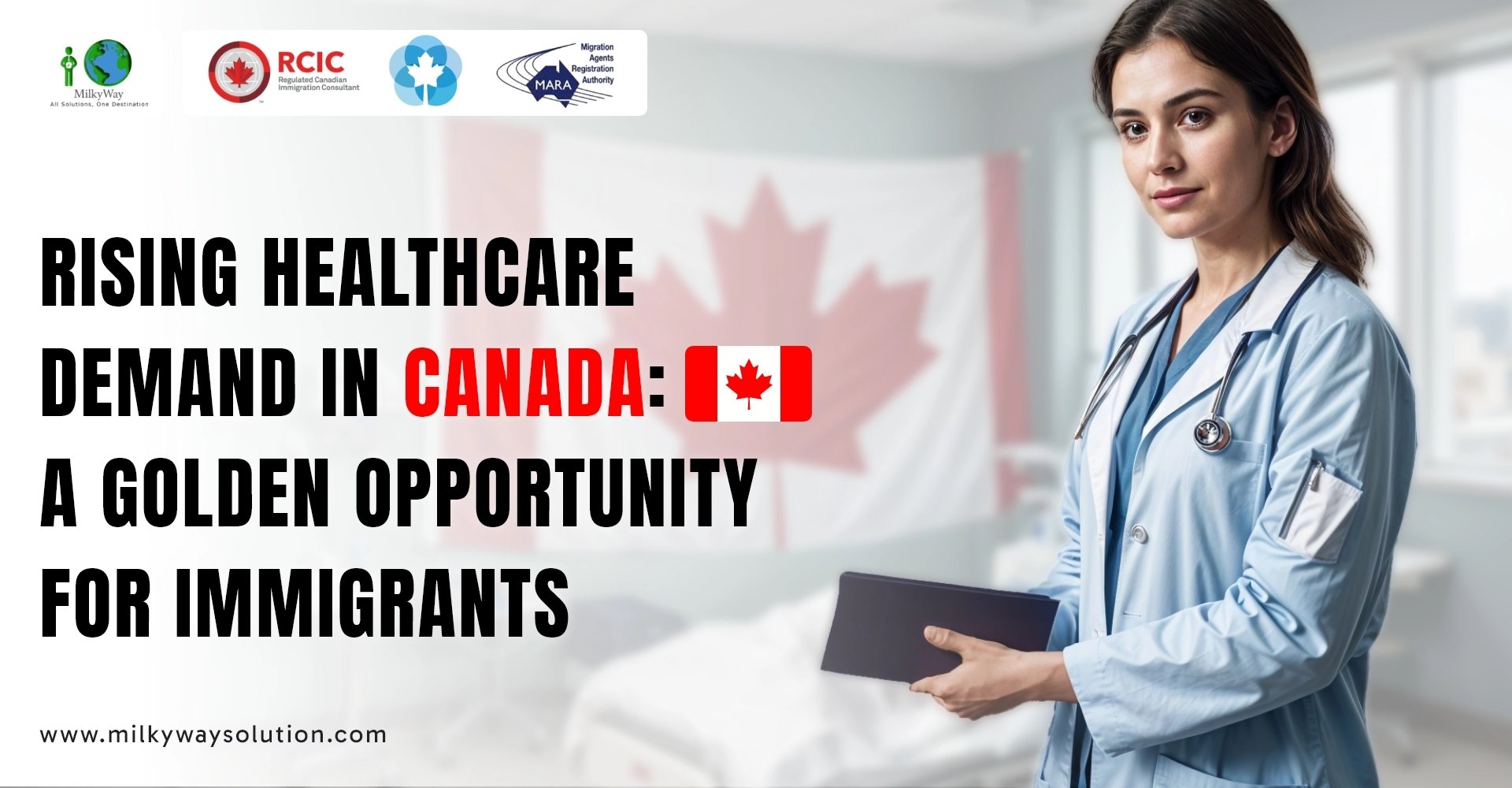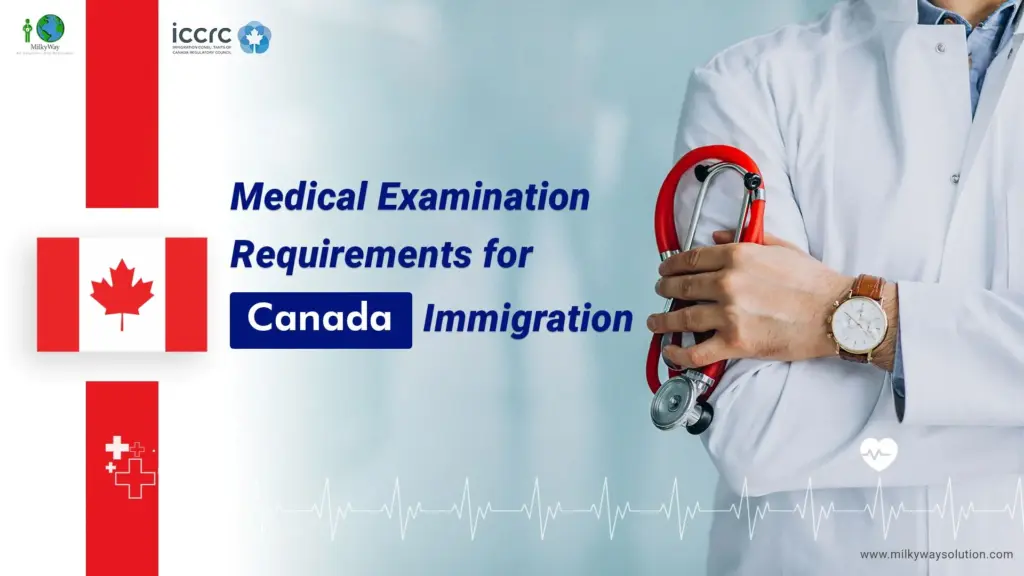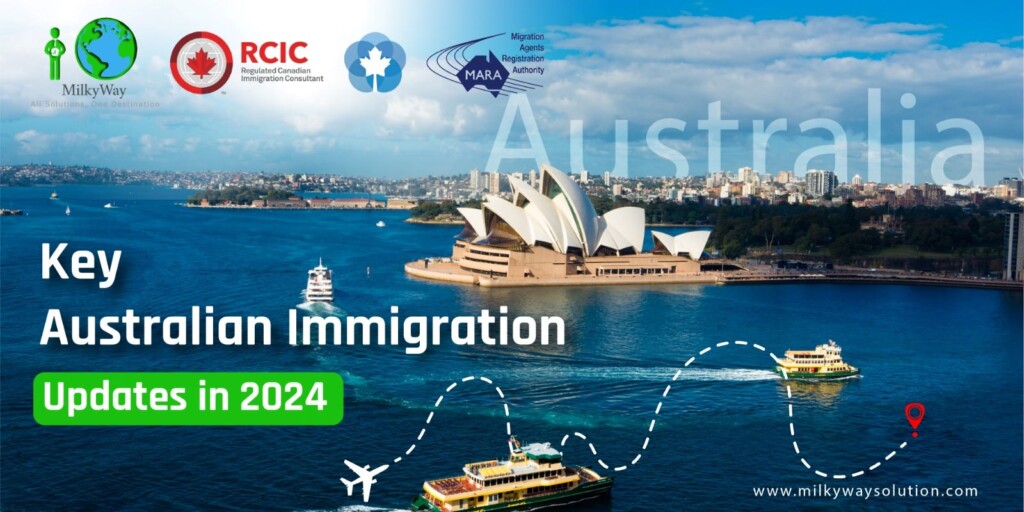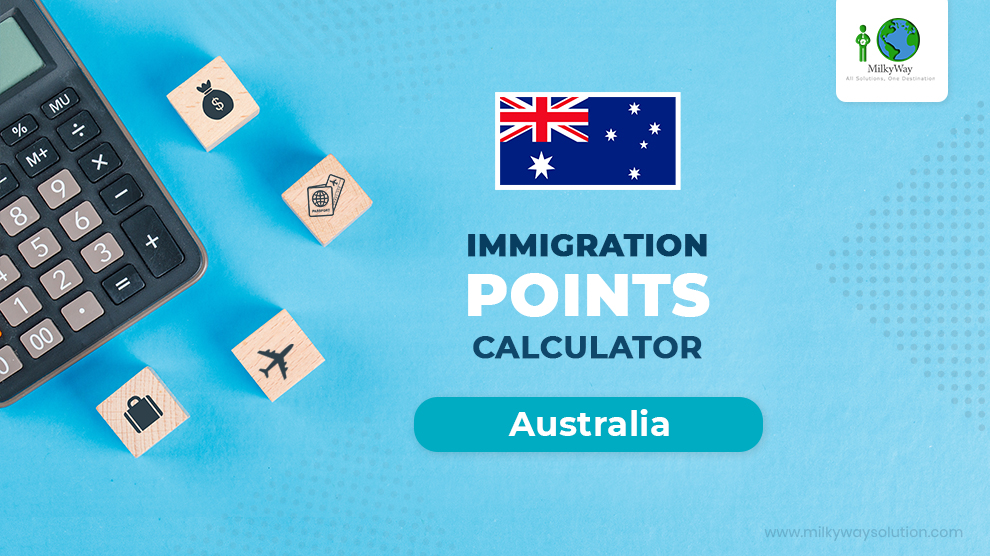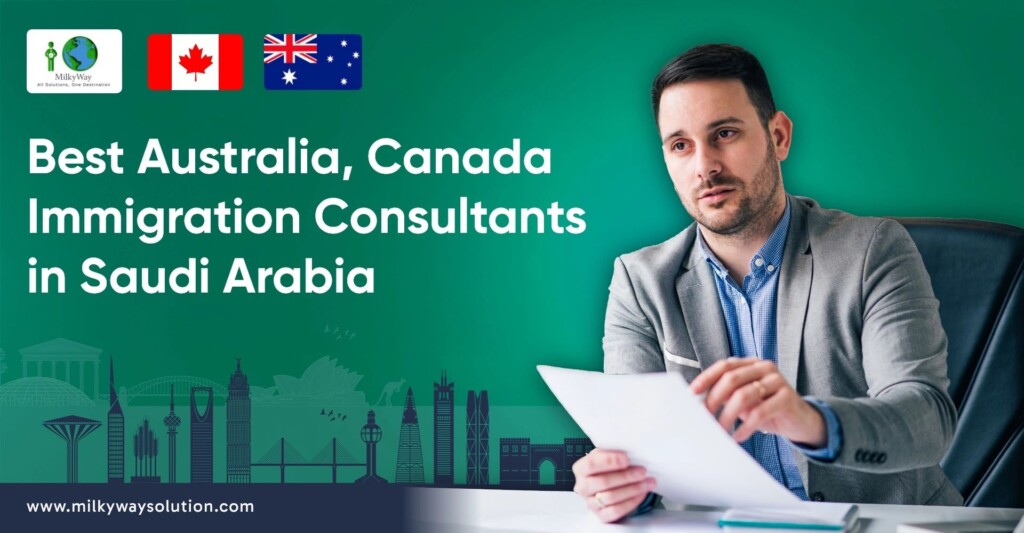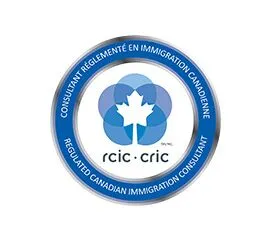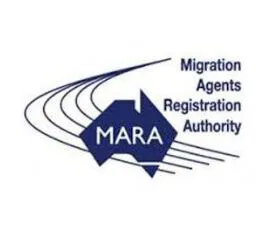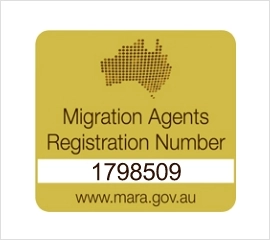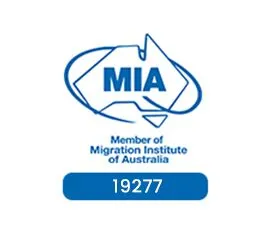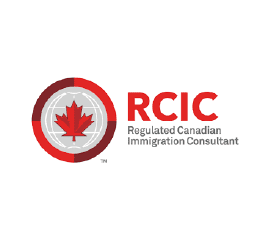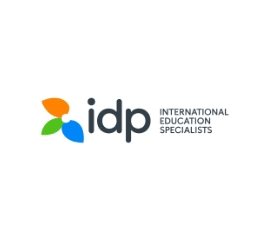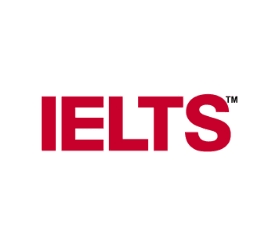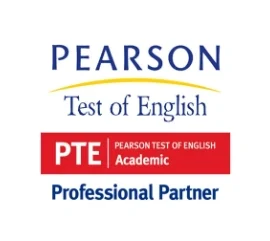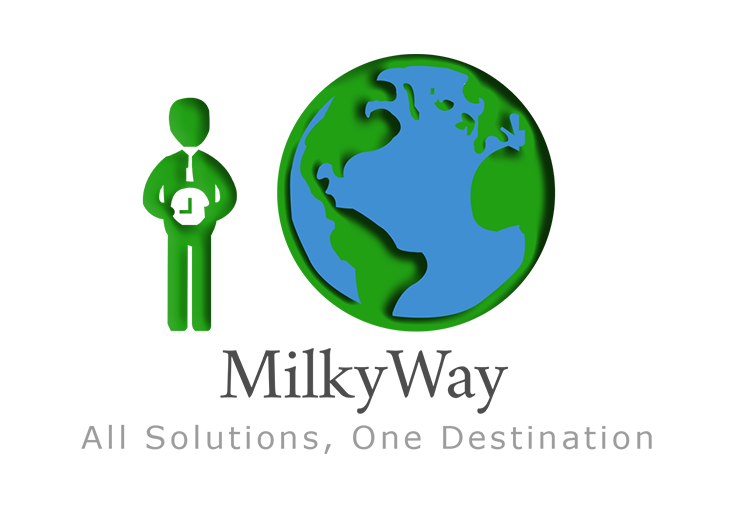Before you set off on your big move to Canada, it’s important to know that some things are likely to be done differently than what you are accustomed to. We also highly recommend you keep up-to-date with latest immigration developments – as anyone will tell you, changes happen regularly that can affect your move.
Canada is a bilingual country
Canada has two official languages – English and French. Both languages are not spoken in every province, but approximately 17.5% of Canadians are able to carry on a conversation in both English and French.
New Brunswick is the only officially bilingual province and Quebec is primarily French speaking. If you don’t speak French don’t worry too much; you’ll get by fine unless you are travelling in small villages in rural Quebec.
Express Entry Visa Myths Exposed
Since its introduction in January 2015, the Express Entry is the most coveted and popular immigration system used to migrate to Canada. It has completely revolutionised the Canada immigration system by fast-tracking the visa processes for skilled migration. One has seen a consistent increase year-on-year in the number of applicants opting for the Express Entry route.
There are several myths and misconceptions for the lack of knowledge that tags along with the gaining popularity of the Express Entry System. Here we attempt to clarify some of the common Express Entry system myths to give you a clear picture to be well-prepared for a successful visa application.
- Express Entry is a new immigration program.
Express Entry is a new online immigration system which facilitates a smooth visa application process for skilled workers in Canada. It isn’t a full-fledged program, but a segregated online system that administers visa application for skilled applicants. Hence it doesn’t automatically grant a Permanent Residency (PR) status, but increases the chances for qualifying under the system. To be eligible for Express Entry Pool, the candidates should have skilled work experience in National Occupation Code (NOC). - Express Entry is the only way you can become a Canadian economic immigrant.
Express Entry covers most economic immigration programs, but individual provinces can still pick immigrants from outside of the Express Entry system based on their provincial labour market needs under a base ‘Provincial Nominee Program’ (PNP). The province or territory can also select immigrants who are not eligible under Express Entry. The Quebec Experience program is one such example. - Anyone can enter the Express Entry Pool.
Entering the Express Entry requires one to be eligible for one of the existing federal economic immigration programs – – The Federal Skilled Trades Program (FSTP) – The Federal Skilled Worker Program (FSWP) – The Canadian Experience Class - You must have a job offer to qualify for Express Entry
One can apply for Express Entry System without a job offer. But an actual job offer increases the chances of qualifying under the system as it carries significant points under the CRS Ranking system. - The eligible occupation list for Federal Skilled Worker Program applies
Express Entry currently does not include an eligible occupation list or occupation caps. Candidates only need to establish that they have at least one year experience in a skilled occupation within last 10 years. This expands the eligibility scope for the potential candidates. However, one needs to check if the select occupation is classified as skilled under the National Occupational Classification (NOC) codes or isn’t listed in ineligible occupations for the Canadian Experience Class (CEC). - You don’t need to pass any language tests to enter the Express Entry pool
CIC confirms that all candidates must demonstrate their language proficiency in either English or French to be included in Express Entry pool. Hence they need to pass a standardised English or French language test to be eligible to apply. - When you’re invited to apply for permanent residence as an Express Entry candidate, you’ll have plenty of time to gather all the documents and submit your application
The deadline to submit your application once you receive the Invitation to Apply (ITA) is 60 days. If you wait until the ITA is issued you may struggle to gather all the documents, including personal documents, qualifications, credentials, references, recommendation letters, accredited forms etc., required to submit your application in the required time.
Fill out our online Free Assessment form to know if you are eligible to apply under Express Entry System or speak to our immigration expert to explore other options to get your Canadian Visa.
Toronto is not the nation’s capital
Ottawa is the capital of Canada. Not Toronto, despite what they might tell you.
20% of the world’s freshwater is in Canada
As you drive through the Canadian landscape you will see lake after shimmering lake. In fact there are more lakes than every other country in the world combined.
Weather
Keen to emigrate but can’t choose between sun or snow? Why not have both?
Unless you’re living on the BC coast (or to a lesser extent, parts of Southern Ontario), you are almost certain to experience cold, snowy winters and hot summers, with short transitional seasons.
If you come from a mild or warm climate, the bitter cold of a Canadian winter is sure to surprise you. It’s difficult to describe how cold -25°C can feel, but fear not, the good news is that you can come prepared with the right clothing and attitude.
Another upshot is that Canadians don’t take summer for granted — they know how to make the most of the warmer months.
Diversity
Multiculturalism is part of the Canadian ethos, and central to national policy.
Some 41 sitting Members of Parliament were born abroad. In any major city, as well as many rural communities for that matter, you will encounter myriad languages, religions and cultures.
You don’t need to let go of your culture or values after moving to Canada, but you do need to evolve so that you can successfully adjust and have the greatest chance of achieving success. Keeping an open mind will benefit you, as well as those around you.
Tipping
You may come from a country where workers in the service and hospitality sectors earn a guaranteed livable wage with additional benefits, and therefore tipping may not be a part of your culture. That’s great, but Canada is different, and becoming accustomed to tipping is a basic ‘when in Rome, do as the Romans do’ situation.
Bartenders and servers generally earn minimum wage, which, depending on the province, is around $10 per hour. Indeed, some provinces have a lower minimum wage closer to $8 for service workers, on the expectation that they will earn tips to compensate, and staff usually have to “tip out” other staff (such as those in the kitchen), with a portion of their sales.
This might seem strange and you may disagree, but by not tipping, the server is effectively paying out of their own pocket to serve you. So, unless the service is poor, please tip.
The standard tip is 15% of the total bill (or 20% for highly knowledgeable, attentive service), or a dollar per drink (a couple of dollars would suffice for a round).
The job hunt
 Researching, looking for and applying for jobs in Canada can be lengthy process — perhaps much longer than what you are used to. Months can pass before you land a professional position, so plan accordingly.
Researching, looking for and applying for jobs in Canada can be lengthy process — perhaps much longer than what you are used to. Months can pass before you land a professional position, so plan accordingly.
This means you should:
- Bring enough funds to tide you through your first few months.
- Be prepared to take on a non-career job in the short term.
- Begin to think and act Canadian before you even set foot in Canada. This means adapting to the resume format in Canada, networking and being proactive.
Cost of living
 You should know the basic cost of living in your adopted city before you move. If you move and are surprised by how expensive rent or transportation is, that’s not the city’s fault — it’s yours.
You should know the basic cost of living in your adopted city before you move. If you move and are surprised by how expensive rent or transportation is, that’s not the city’s fault — it’s yours.
Research is crucial. Toronto and Vancouver, particularly the downtown areas, are relatively expensive, as is the booming Northern Alberta town of Fort McMurray. High salaries can compensate for this.
Rent-controlled Montreal, on the other hand, has low property values and low rent, but also lower salaries.
This site allows you to compare the cost of living between Canadian cities and towns.
Smoking
It is illegal to smoke in public places, such as restaurants, stores, offices, hospitals and other places of employment. This also includes public or shared areas of apartment buildings and rental complexes.
If you smoke, the only places you can now do so are in your own living space, your vehicle (unless you have a minor with you) and in the great outdoors.
Healthcare
Healthcare in Canada is delivered through a publicly-funded system, which is mostly free at the point of use and has most services provided by private entities.
Healthcare, though paid for using some federal funds, is administered by the provinces. A health card is issued by the Provincial Ministry of Health to each individual who enrolls for the program, and everyone receives the same level of care.
Depending on the type of visa you have on arrival in Canada, you may or may not be entitled to a health card. If you require private insurance (first-time IEC candidates, for example, require this), you can view your options here.
Health Canada has an extensive FAQ section.
Driving licenses
Many of the tests or examinations you have completed in your home country may not be valid in Canada, or require paperwork in order to be converted.
Driving licenses are a minefield for two reasons.
Firstly, licenses are awarded by the provinces, not the federal government, and individual provinces have their own rules and testing procedures.
Secondly, different countries around the world have particular agreements with the provinces.
Take Ontario, for example. Some countries, such as the United States, Australia, France and Korea, have an agreement with Ontario that allows licensed drivers to obtain an Ontario licence without having to go through the regular process for obtaining a licence.
Many other countries do not — though a recent agreement allows mutual exchange of licenses between Ireland and Ontario. In Saskatchewan, Irish license holders can exchange their original license quite easily, and a similar arrangement was put in place in British Columbia in June 2015.
Taxation
 Under Canada’s decentralized federal system, taxes are levied at multiple levels. Income taxes are collected by both the federal and provincial governments, and you can use this tax calculator to gauge how much you will end up paying in your province. When negotiating an employment opportunity, take into account the variance between gross and net income.
Under Canada’s decentralized federal system, taxes are levied at multiple levels. Income taxes are collected by both the federal and provincial governments, and you can use this tax calculator to gauge how much you will end up paying in your province. When negotiating an employment opportunity, take into account the variance between gross and net income.
Depending on your status and terms of employment, you may be entitled to a tax refund at the end of the fiscal year.
Sales taxes vary between the provinces, from 5% in Alberta to 14.975% in Quebec. These are added at the point of sale, not on the price tag, so be aware that an item advertised as $10 will cost you more when you pay for it.
The Charter of Rights and Freedoms
 When moving to Canada, it is important to know what rights you have on arrival and throughout your stay.
When moving to Canada, it is important to know what rights you have on arrival and throughout your stay.
The Canadian Charter of Rights and Freedoms guarantees certain political rights to Canadian citizens and civil rights to everyone in the country, from the policies and actions of all areas and levels of government. The Charter forms the bedrock of Canadian political, civil and social society.
